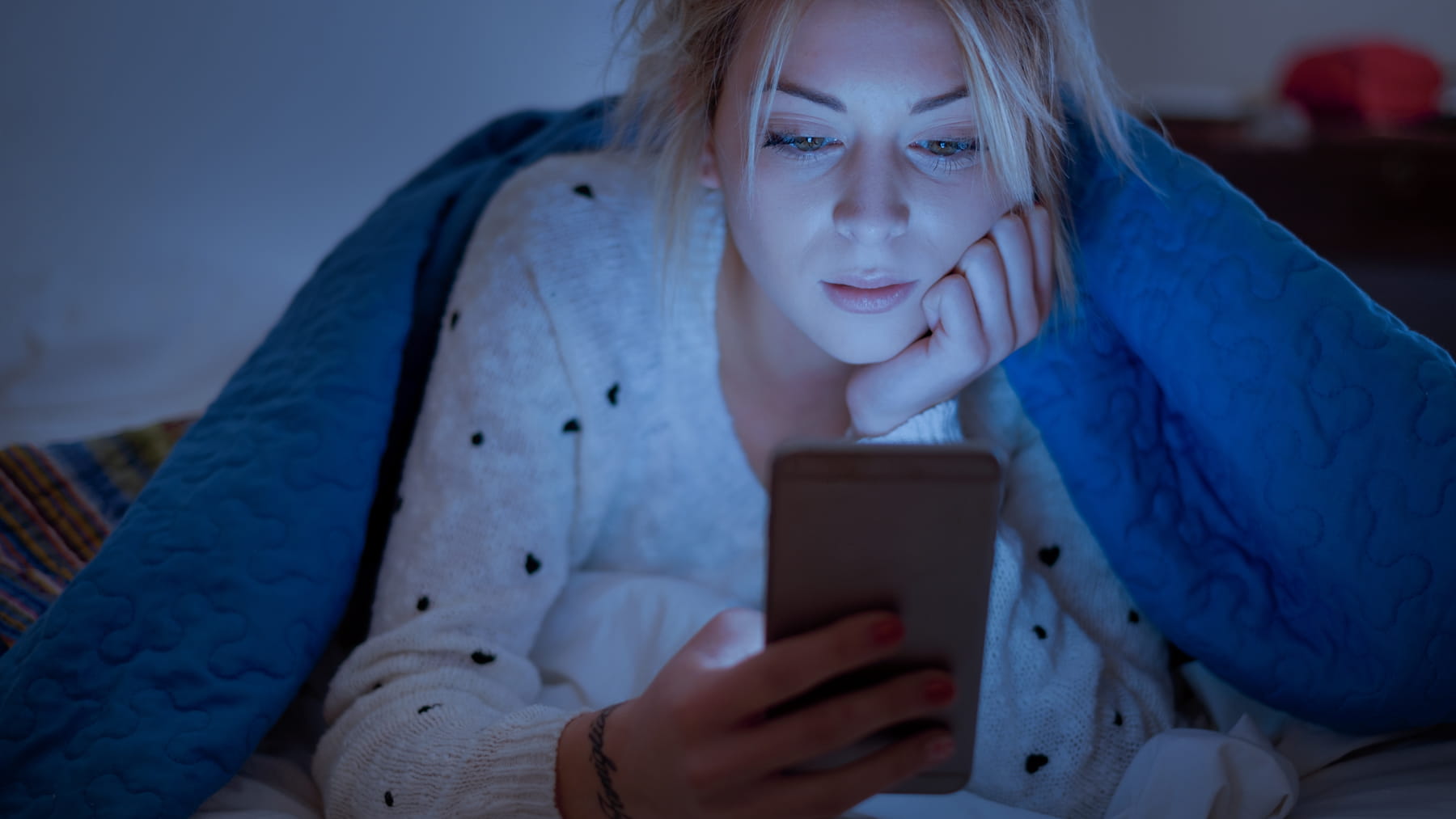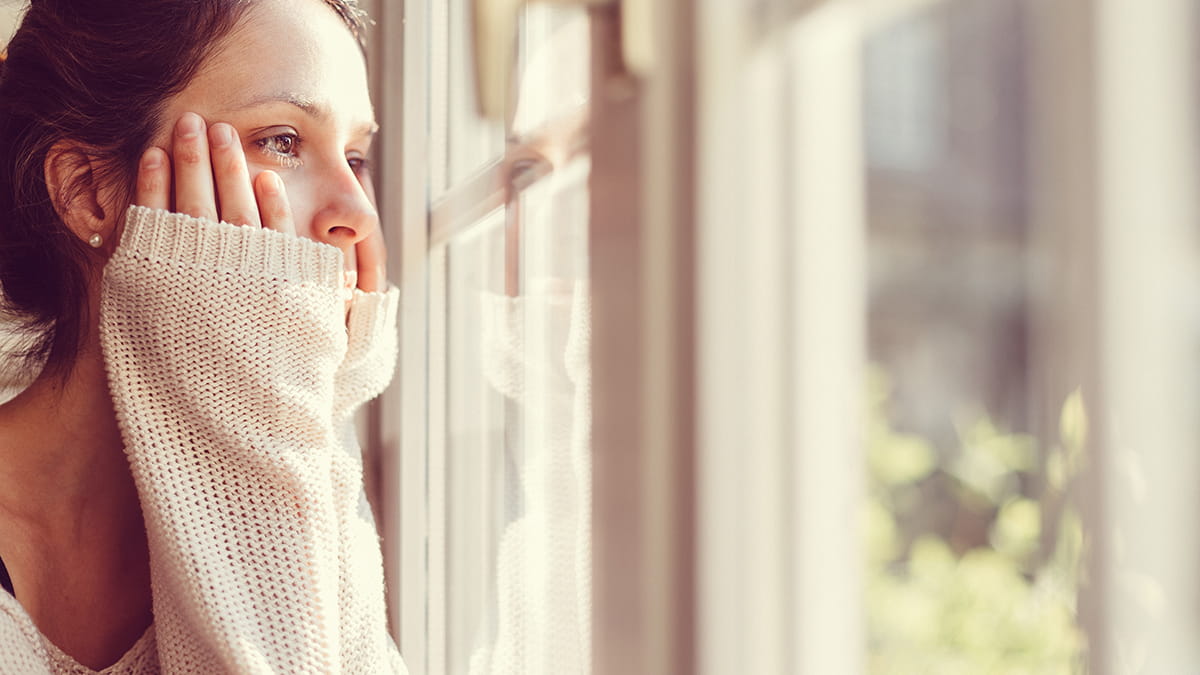Does blue light from electronic devices damage our eyes?

Blue light is everywhere, and eyes aren’t good at blocking it.
The sun is the main source. It’s also present in fluorescent lights, LED lighting, flat-screen TVs, computer screens and smartphones. These sources contain a small amount of blue light compared to the sun, but just think of the amount of time we spend on these devices and how close we put our faces to them.
Read more: New iPhone app to reduce blue light
The fear is that it's causing cumulative damage over a long period of time, as it passes through the cornea and lens and reaches the retina. One animal study showed blue light can cause toxicity to retina photosensitive cells, which are irreplaceable. The theory is that if it's toxic to animal models then it can be to human beings. (A large study that evaluated blue light in the rate of cataract formation in humans ended up being inconclusive.)
Damage to the retina can cause vision problems such as age-related macular degeneration, which can lead to permanent vision loss. Up to 9% of people will experience macular degeneration, which is the most-common reason for blindness in adults in the western world.
As we age, our cloudier eyes do a better job of filtering out dangerous UV rays and blue light. The clear eyes of children and those who've had cataract surgery may be more susceptible to damaging rays. Many of the lenses placed in the eye at the time of cataract surgery now have blue light filters in the them. Sunglasses with a blue-light filter can help.
More research is needed to determine how much natural and manmade blue light is too much for the retina and how much will lead to eye diseases, such as macular degeneration, later in life.
Meanwhile, here are a few things you can do to prevent long-term damage to your eyes:
• Use artificial tears when your eyes feel dry.
• Wear computer glasses with yellow-tinted lenses that can reduce blue light and increase contrast on screens.
• Put protective blue-light filters on computers, tablets and phones. Reduce the amount of blue light emitted from devices, which also will protect your screen.
• Use glare-reducing and anti-reflective coatings, which also block blue light.
Fatoumata Yanoga is a retinal specialist and surgeon at The Ohio State University Wexner Medical Center, where she treats many eye diseases including, diabetic eye diseases, retinal vascular disorders, macular degeneration and retinal detachments.




